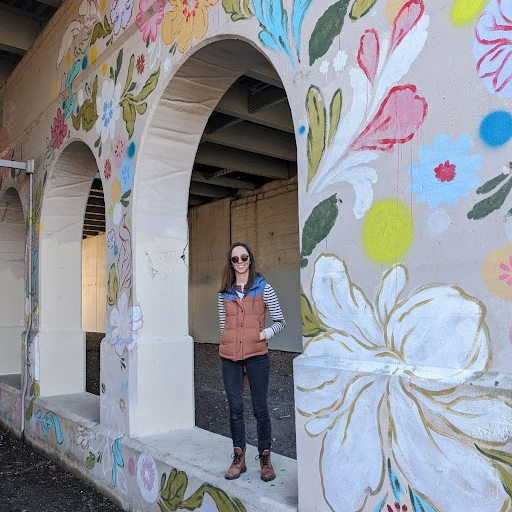More than half of Black Philanthropy Month has passed. It will culminate with Give 8/28 on August 28. Akilah Wallace — executive director of Faith in Texas, founding chair of HERitage Giving Fund and Young Black & Giving Back Institute 2019 Philanthropist of the Year — helped kick off the effort earlier this month. In the lead-up to Give 8/28, we asked her about the state of Black philanthropy in D-FW. Here’s what she shared.
You’ve said that women of color are not well-represented in D-FW’s philanthropy and nonprofit sectors. What needs to happen for that to change?
First, institutions need to invest in Black and brown women who are already running nonprofit programs by giving them equitable pay and benefits. Additionally, they need to invest in training and development to help those women hone their skills beyond programmatic services and/or to assess what transferable skills they already have that will put them on a trajectory for higher-paying job opportunities as directors, VPs and CEOs.
I started off as an executive assistant at Dallas Women’s Foundation (now Texas Women’s Foundation), and thanks to intentional support from President and CEO Roslyn Dawson Thompson, I earned my nonprofit management certificate from the Center for Nonprofit Management, participated in a nonprofit leadership development program through ConnectThree and ultimately became a stronger relationship manager. All of that prepared me to become a nonprofit executive director and philanthropy influencer. …
Research has shown that organizations led by people of color win less grant money and are trusted less to make decisions about how to spend those funds than groups with white leaders. What are the influences here? Is this just straight-up racism?
Yes, in summary, these disparities are due to racism. However, most white leaders will balk at such a claim because they don’t understand the systems of white supremacy from which they benefit.
A study from The Chronicle of Philanthropy touches on philanthropic redlining and circular logic. However, it was only after reviewing the White Culture Norms and Habits diagram provided by Dallas Truth, Racial Healing & Transformation that the countless conversations I had with people of color, especially Black women, in the sector about barriers to fundraising became inevitably clearer.
Let’s start with “outcomes before inclusion.” Many people-of-color-led organizations are initially self-funded, with little help from personal networks. However, they still manage to source needed supplies, gain volunteer support, and barter services to help whom they can in our most vulnerable communities. Grant applications require extensive impact numbers and scalability to award only small grants (up to $15,000) and no general operating support to meet these expectations. This reduces the chances of these nonprofits for inclusion in the pool of six- and seven-figure candidates. …
What’s the significance of August 28?
Thanks to Ebonie Cooper Johnson, who founded the Young, Black & Giving Back Institute, August 28 is an annual date when Black-led and Black-serving nonprofits across the nation have the opportunity to raise funds for their general operating and programs. It’s a day when they aren’t in competition with thousands of others like them on Giving Tuesday or North Texas Giving Day.
August 28 was chosen for the historical references. It’s the date Emmitt Till was murdered in 1955 by a white lynch mob when Dr. Martin Luther King Jr. gave his 1963 “I Have a Dream” speech in D.C. and other significant events in Black history. …
Excerpted from Dallas Morning News. Read the full interview here.





